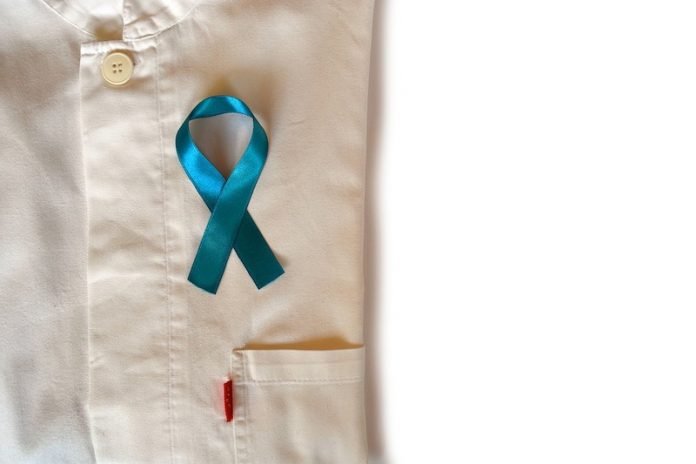
In two new studies, researchers found that two drugs for treating the most aggressive prostate cancer could also benefit patients with early-stage prostate cancer.
The two drugs are apalutamide (Erleada) and enzalutamide (Xtandi).
The research was conducted by a team from Blavatnik Family Chelsea Medical Center at Mount Sinai.
These two drugs have been approved to use in the treatment of therapy-resistant prostate cancer. They could interfere with cancer’s ability to use testosterone to grow.
In the current studies, the team examined men with prostate cancer that had spread to other body parts but still responded to androgen-deprivation therapy.
They found that both drugs could help patients with this type of prostate cancer live longer.
Apalutamide combined with androgen-deprivation therapy could reduce death risk by one third compared with androgen-deprivation therapy alone.
In addition, apalutamide could delay the progression of prostate cancer by half and could increase the time before patients required chemotherapy more than 60%.
Experiments of enzalutamide showed that about 80% of men treated with the drug were alive after three years compared with 72% of men who used standard treatment.
The finding shows that these drugs usually for advanced stages of prostate cancer could be used in the treatment of earlier stages of the disease.
In addition, there were few side effects.
In the future, the team plans to do head-to-head comparisons to decide which drugs would work best for specific patients.
The lead author of the studies is Dr. Kim Chi, medical director of the Clinical Trials Unit at the BC Cancer Agency-Vancouver Prostate Center in Canada.
The studies are published in the New England Journal of Medicine.
Copyright © 2019 Knowridge Science Report. All rights reserved.



